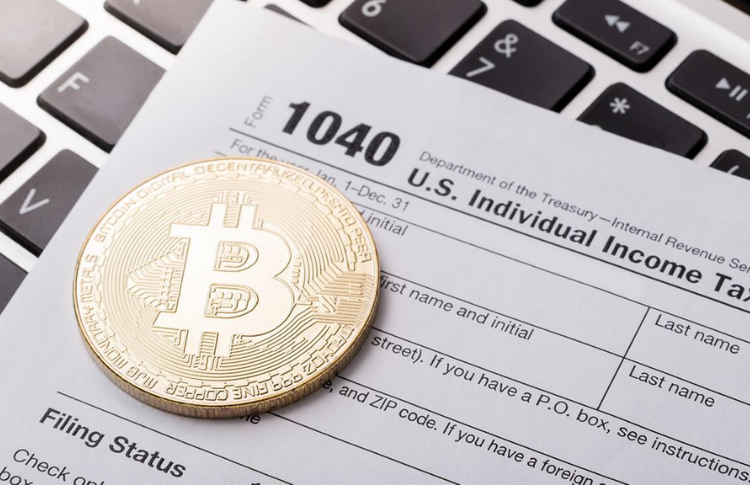Cryptocurrency has increased in popularity lately as people find it easier and safer to use compared to paper currencies and credit cards. However, many people are unaware of whether they should pay taxes on their digital coins or not.
As most of us know, cryptocurrency is more decentralized than other forms of payment. There is no limit on the funds you can send, and it is not easily hacked. This makes it different from other forms of payment. However, payment of taxes still must be considered. Below are the things you should know about cryptocurrency taxes.
Jump Ahead To:
- Cryptocurrency Is Viewed as Property
- You Are Only Taxed for Selling Crypto but Not Buying
- Cryptocurrency Miners Must Pay Taxes
- Payment from an Employer or Client Is Taxable Income
- Conclusion
Jump Ahead To:
Cryptocurrency Is Viewed as Property
You might be asking yourself why it is viewed as property, yet it is just like any other currency. Well the IRS seems to have the perfect explanation for this. What makes cryptocurrencies different is the change in value of the coins. The prices of the coins go up and down over time. But generally, the value goes up with time.
Now, this is just the same as owning property. As time passes, the value of the property goes up. Therefore, the more time passes, the more profit you get. Now, it is clear why the IRS views cryptocurrency as property.
You Are Only Taxed for Selling Crypto but Not Buying
When you buy something, you are spending, and when you sell, you are gaining. The same concept applies to cryptocurrency. It does not make sense to pay tax when you are not gaining anything.
For example, when you are buying groceries from a supermarket using cryptocurrency, you will make two transactions. The first one is changing the cryptocurrency to USD, and the second is using the USD. When you sell your coins for the value of USD, you are getting a profit. This is when the concept of being taxed comes in. Remember, you are selling. And according to the IRS, you will be taxed when you sell.
Cryptocurrency Miners Must Pay Taxes
As the number of miners increases rapidly, this makes it obvious for the government to get involved by requiring the miners to pay taxes. While miners can make a substantial profit, mining cryptocurrency itself consumes a lot of electricity.
Miners must pay taxes based on their earnings. However, miners can subtract the cost of their electricity use as they are considered self-employed. Hence, they reduce the taxes they have to pay.
Payment from an Employer or Client Is Taxable Income
Even though cryptocurrency is decentralized, the government still taxes income paid in cryptocurrency. Whether your employer is paying you in crypto or USD, you will pay taxes at the end of the day. If you are interested in buying and selling Bitcoin with some of your income, you can visit the NakitCoins website for more information.
Conclusion
Cryptocurrency is known for its advantages, and this is why many investors prefer to use it. Most of us might be confused about the tax laws surrounding cryptocurrency, but thanks to the explanation above, we can now understand the entire concept.

